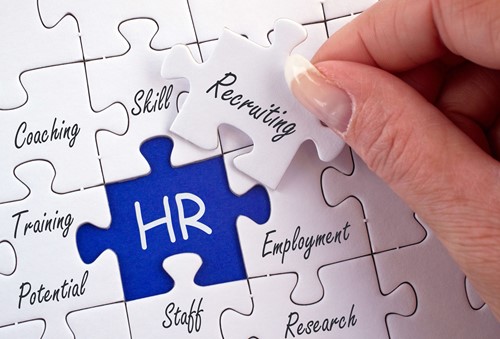In today’s fast-paced work environment, HR Operations play a crucial role in keeping businesses running smoothly. While HR is often associated with hiring and training, HR Operations is the backbone that ensures all these functions are executed efficiently and consistently.
🔹 What Is HR Operations?
HR Operations refers to the administrative and operational tasks that support the HR department’s strategic goals. These include:
- Maintaining employee records
- Managing payroll and benefits
- Handling compliance with labor laws
- Overseeing onboarding and offboarding
- Supporting performance management systems
🔹 Why Is HR Operations Important?
- Efficiency & Consistency
HR Operations standardizes processes, making HR tasks more organized and reliable. This reduces errors and saves time. - Compliance & Risk Management
From employee documentation to labor law regulations, HR Ops ensures your business stays legally compliant. - Employee Experience
Smooth onboarding, timely payroll, and clear policies contribute to a positive work culture—something HR Ops supports from day one. - Data Management & Reporting
HR Ops manages employee data, helping leaders make informed decisions using HR metrics and reports. - Support for Strategic HR
By handling day-to-day tasks, HR Ops frees up HR professionals to focus on strategic functions like talent development and culture building.
🔹 HR Operations in the Digital Age
Modern businesses are adopting HR technology tools like HRIS, automation software, and digital workflows. These innovations enhance the speed and accuracy of HR operations while offering real-time data insights.
🔹 Conclusion:
HR Operations might work behind the scenes, but its impact is front and center in any successful business. From compliance to employee satisfaction, HR Ops forms the solid foundation upon which strategic HR can grow.

